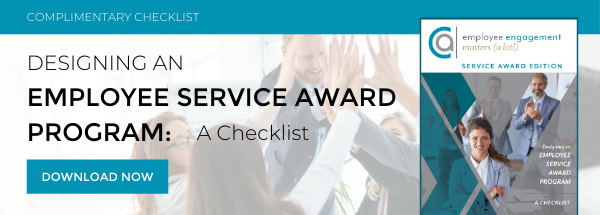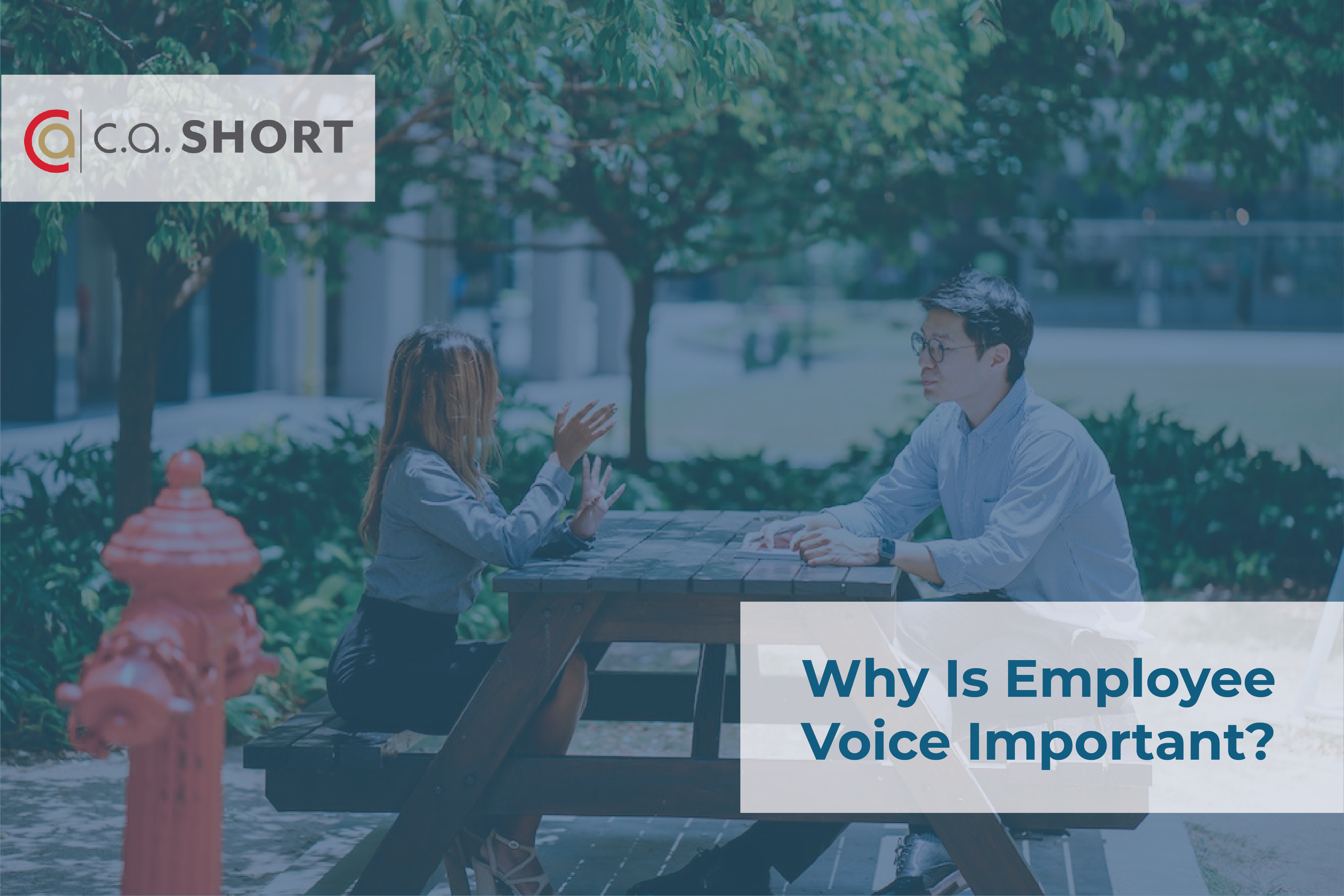 It’s an exciting and dynamic time in the world of business. There’s a generational hand-off occurring in the workplace, as more and more Boomers retire, Gen X moves into leadership roles (51%), and (by 2025) Millennials pass the seventy-five-percent-of-the-workforce mark. With this inevitable movement comes a tectonic shift in the fundamentals of workplace expectations, and the desires and goals of modern employees. Managers and business owners who want to lead in their industries must ride the wave of these changes. To be successful in this rapidly changing world, you have to be out in front, leading the way, in the areas that matter.
It’s an exciting and dynamic time in the world of business. There’s a generational hand-off occurring in the workplace, as more and more Boomers retire, Gen X moves into leadership roles (51%), and (by 2025) Millennials pass the seventy-five-percent-of-the-workforce mark. With this inevitable movement comes a tectonic shift in the fundamentals of workplace expectations, and the desires and goals of modern employees. Managers and business owners who want to lead in their industries must ride the wave of these changes. To be successful in this rapidly changing world, you have to be out in front, leading the way, in the areas that matter.
What is meant by employee engagement?
Employee Engagement is not merely about employee happiness. Someone might be happy at work, but that doesn't necessarily mean they are working hard, productively on behalf of the company. While company parties, ping-pong tables, or bean bags are fun - and may be beneficial for other reasons - having a plan to make employees happy is separate from making them engaged.
The breakneck pace of technological development is certainly the most visible of these areas, and it might be the area with the heaviest impact. While every industry has its own specific technological advances to keep up with, social media and the ever-shrinking global society might have the broadest effect on the world of business as a whole. Employees who have grown up in the digital age have different expectations for social/work interaction, time flexibility, and their ability to impact the organization for which they work.

This in turn leads to an expectation that leadership is less hierarchical, more collaborative and responsive, and that the workplace is more flexible and nurturing. Business managers moving into the twenty-twenties need to be prepared to lead their teams with a careful eye to team building, engagement, encouragement, and personal development. Gone are the days of the heavy-handed, blustering, no-questions-asked, impersonal bosses of 80’s sitcoms; today’s bosses need to be coaches and mentors.
How do you begin building employee engagement?
The bulk of the employees in the workforce are simply not engaged: many employees grudgingly head to work, needing energy and enthusiasm for their jobs. Transforming this group of employees into engaged workers is the most productive approach that any company can put in place to boost performance and sustainable long-term growth.
As coaches and mentors working with a growing, interconnected, and nurturing team; leaders in the twenty-first century need to have a plan in place for the personal development of their team members. No stagnating pools! Keep the stream of education and development moving and you’ll have a loyal, committed, and engaged workforce. Gallup reports that millenials say opportunities to learn and grow are “extremely important to them” at a rate five to ten points higher than previous generations. It’s one of the top three factors for retention for that generation, and the item on the list that sets them apart from their parents and grandparents. It’s obvious that a vibrant personal growth program is important for every organization.
If you’re concerned that you aren’t adequately keeping up with the changing world through your current systems for Employee Engagement, personal development, and company culture; or if you’re pretty sure your systems and policies can stand up to even the most critical eye, we’d love to chat about what you’re doing. Contact one of our Certified Recognition Professionals today and let’s discuss your 2020 action plan!










SHARE